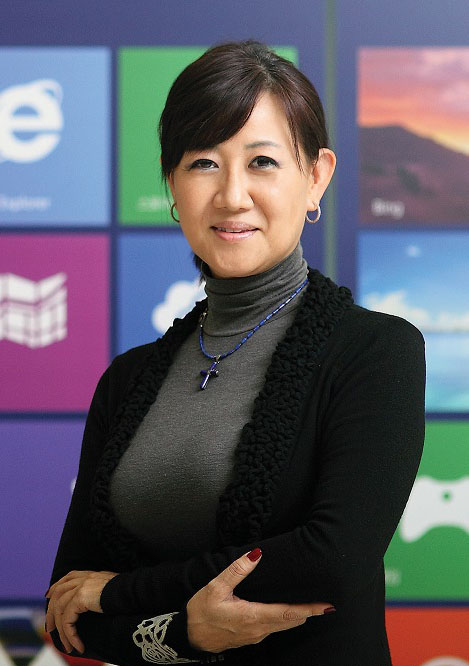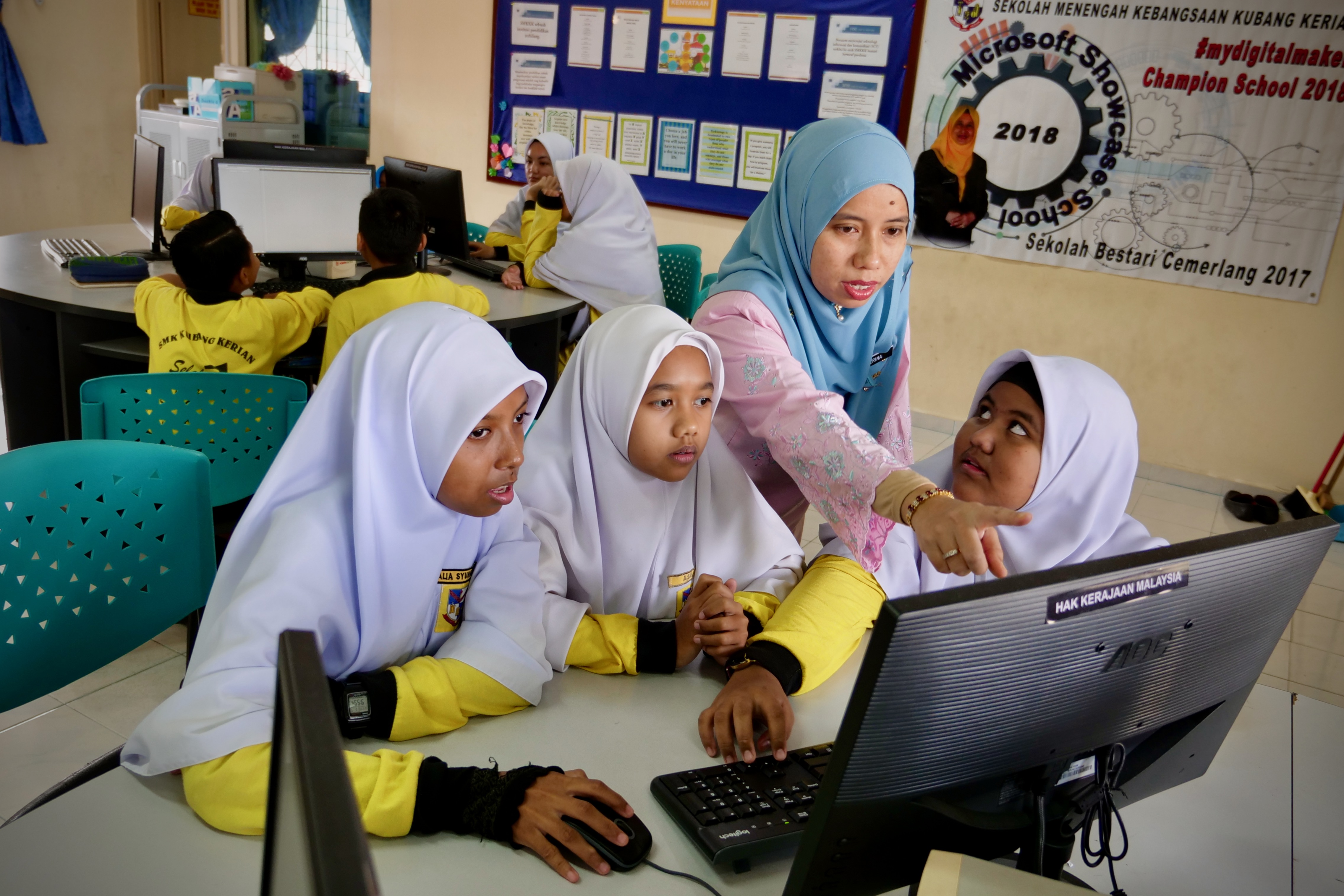- Microsoft has pledged to provide 15,000 university students with internship opportunities, deliver digital skills training to 2.2 million SME employees, and to hire 8,500 digital workers by 2020 across ASEAN.
- The pledge was part of the ASEAN Digital Skills Vision 2020 initiative
- ASEAN workforce is expected to expand by 11,000 workers a day for the next 15 years.
Microsoft has pledged to provide 15,000 university students with internship opportunities, deliver digital skills training to 2.2 million SME employees, and to hire 8,500 digital workers by 2020 across ASEAN. The pledge was announced following the launch of the ASEAN Digital Skills Vision 2020 – an initiative that pledges to equip 20 million ASEAN workers with digital skills and opportunities in the next two years.

The ASEAN Digital Skills Vision 2020 was launched during the World Economic Forum (WEF) 2018 meeting in Vietnam. It aims to address the employment and skilling challenges brought about by the Fourth Industrial Revolution. The initiative will offer ASEAN citizens internship opportunities, training in digital skills and employment. It also enables students and the public to visit offices of technology companies to learn about the jobs of the future. The initiative hopes to increase the number of people trained and hired in digital skills, and to help business leaders understand and learn how other companies in the region prepare their workforce to be digital-ready.
“I see ASEAN as the vision of what communities and regions of the future should look like,” said Sunny Park, Assistant General Counsel and APAC Regional Director, Corporate, External and Legal Affairs, Microsoft Asia Pacific. “I believe in a future where every young person has the skills, knowledge and opportunity to succeed. Right now, over half the people on the planet lack basic access to the knowledge and skills that would enable them to participate in the new digital economy. Together with our partners, we are going to change that. We are going to empower every person and SME in ASEAN to achieve more.”
One of the key findings shared during the WEF was that the ASEAN workforce is expected to expand by 11,000 workers a day for the next 15 years. This increase comes at a time when industrial robots are already taking the place of manufacturing labour. This indicates that digital skills are essential for the jobs of today and tomorrow, opening doors to greater economic opportunities in developing countries in ASEAN, where infrastructure and industries are still catching-up with their more developed neighbours.

“We live in an age where technological developments are happening at an unprecedented pace,” said Dr. Jasmine Begum, director, Legal, Government and Corporate Affairs for Microsoft Malaysia and Emerging Market. Commenting on the initiative’s impact on Malaysia, she adds “In an effort to upskill Malaysian workers, we have consistently aligned with local agencies to ensure that the current workforce is equipped with the right skills for the 4th Industrial Revolution. In addition, we have also empowered and educated 5000 of our partners and developers’ ecosystem with training and online courses that enable them to excel in their respective businesses.”
By pledging its support for the ASEAN Digital Skills Vision 2020, Microsoft hopes to see more Malaysian workers given the opportunity to learn digital skills, bringing a world of benefits to the individuals involved, the organisations they will be working for and the nation as a whole.
ASEAN leaders are also looking to digital transformation to help every industry scale, to increase their productivity, improve efficiency thus enabling them to grow beyond their borders and collaborate with the rest of the world. However, among the main challenges faced by these industries is talent shortage. According to a report by Korn Ferry, a global talent shortage amounting to US$8.5 trillion is expected, while countries like Indonesia is expected to face a talent deficit of 18 million workers by 2030. The manufacturing industry is also expected to be hit the hardest due to a mismatch between available skills and industry needs.
Microsoft strongly believes that technology can be a significant force for social and economic inclusion. By pledging to work together for the ASEAN Digital Skills Vision 2020, governments and companies have made a step forward in empowering every person and SME in ASEAN to achieve more. By equipping people and organisations with skills, this initiative will enable ASEAN communities and countries to thrive in the new digital economy.

